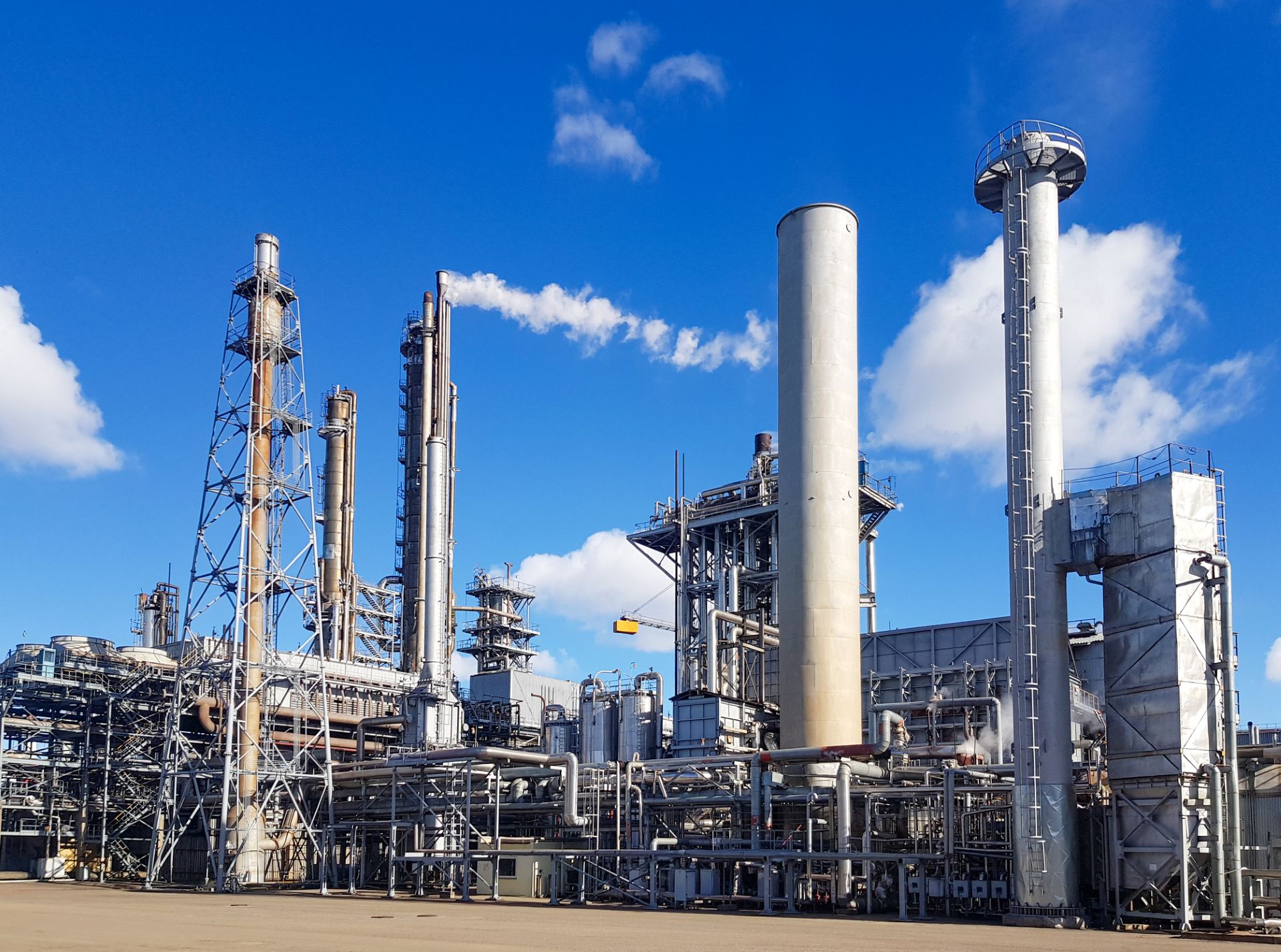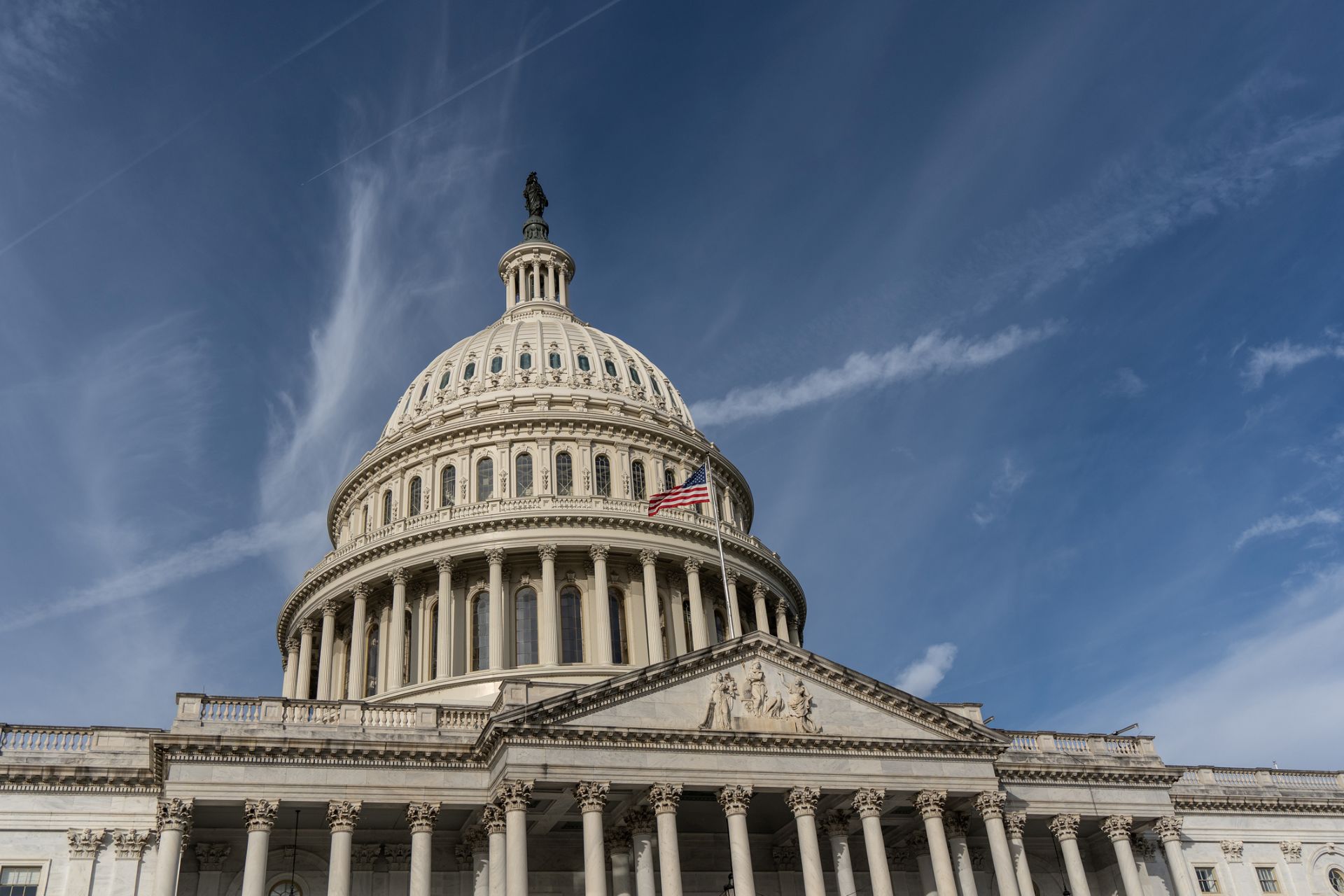News Articles
Thousands of permits to drill on federal lands are not being used. So why 'expedite' more?
After campaigning on “Drill, Baby, Drill!” one of the first things that President-elect Trump and Republicans are expected to do when they take office next week is to accelerate the approval of permits to drill for oil and gas on federal land. But more drilling permits don’t appear to be needed. That’s because there are more than 6,000 approved permits for oil and gas companies to drill on federal lands that are available but sitting idle and not being used. Millions of acres of federal lands leased to oil and gas companies for drilling are also not being used.

Manufacturers of ammonia plan a boom in the U.S. Will it bust under Trump?
The United States is on the cusp of quadrupling its ammonia production capacity in the next five years—a move that could come with serious risks to human health and the environment. Ammonia, a chemical that is usually manufactured from natural gas, is used for synthetic fertilizers and explosives. Proponents now want to use it as a shipping fuel and to make hydrogen for clean energy. As of December 2024, 38 proposed ammonia projects across the U.S. could increase annual ammonia production capacity by over 60 million metric tons per year by 2030. That would result in a near quadrupling of the amount of ammonia production capacity in the U.S. today, from 21 million metric tons to 81 million metric tons.

The top Oil & Gas Watch News stories of 2024, according to readers
Oil & Gas Watch News has covered a huge variety of stories over the past year, with stories taking us from Puerto Rico to North Carolina and detailing topics as diverse as carbon capture and storage, fertilizer made from natural gas, and the EPA’s efforts to crack down on climate-polluting laughing gas. However, of all the topics covered in our 44 articles published this year, a few rose to the top as fan favorites – according to you, our readers. Here we have ranked the stories that drew the most readers to the site.

Why climate-skeptical Republicans may protect billions in taxpayer funding for a climate program
Funded by billions of dollars in new taxpayer subsidies approved by the Biden Administration, more than 160 projects have been proposed across the U.S. to capture carbon dioxide pollution from industry and bury it underground as a strategy to address climate change. But Donald Trump, who has called climate change a hoax, is returning to the White House, and climate-skeptical Republicans are taking control of Congress. The politics within the Republican Party and the economic interests of the oil and gas industry make Congress unlikely to eliminate subsidies for carbon capture. More than 90 percent of taxpayer-supported carbon capture projects in recent years have been run by fossil fuel companies.

The huge new oil project in Alaska that is escaping national attention
Last year, environmentalists criticized the Biden Administration for approving a large oil drilling project on public land in the Alaskan Arctic called the Willow project. However, a similar petroleum project has drawn little attention. About 30 miles east of Willow, Australian energy company Santos, Spanish company Repsol, and ASRC Energy, a subsidiary of the Alaska Native-owned Arctic Slope Regional Corporation (ASRC), has received approvals and is currently building the first phase of the Pikka Project, an effort to produce hundreds of millions of barrels of oil over the next three decades. The project is located entirely on land owned by the State of Alaska and the ASRC.

Trump’s pick for Interior Secretary likely to increase drilling on federal public land
To run the U.S. Department of the Interior and supervise drilling on federal land, President-elect Donald Trump last week selected Doug Burgum, a billionaire former software executive and real estate developer who has served as North Dakota’s governor since 2016. If confirmed by the Senate, Burgum would oversee the federal agency most in charge of oil and gas leasing and development in federal coastal waters and on federal lands. Project 2025, often seen as a playbook for the next Trump Administration, calls for a rollback of Biden’s efforts to reduce leasing on federal lands, as well as to “conduct offshore oil and natural gas leases to the maximum extent possible.”
_resized.jpg)
Plastics plants dump 1,4-dioxane and other pollutants with no EPA limits
In South Carolina, a plastics manufacturing plant called Alpek Polyester Columbia dumped about 30,000 pounds of a chemical, 1,4-dioxane, into the Congaree River last year, with no limits on the pollutant – a likely carcinogen – in the plant’s discharge permit. The Alpek plant was the largest discharger of 1,4-dioxane among plastics plants in the U.S. last year, releasing a pollutant that EPA last week concluded “poses an unreasonable risk of injury to human health” including in drinking water. But despite this risk, EPA has set no national standards for plastics manufacturing plants to control 1,4-dioxane or several other harmful pollutants, according to a new report by the Environmental Integrity Project (EIP) called “Plastic’s Toxic River.”

Why Trump’s ‘drill, baby, drill’ policies will not reduce U.S. oil and gasoline prices
Donald Trump won a return to the White House in part by convincing American voters that he would unleash more oil and gas production, which would reduce fuel prices, curb inflation and cut grocery prices. But petroleum industry experts doubt this will work in a global market. Energy experts say American companies will not simply produce more petroleum and sell fuel at a lower price because competing nations like Saudi Arabia could simply reduce their own production and keep global prices high for their own financial or political reasons.

After securing $135 million in tax breaks, pipeline company plans massive ethane “cracker” in Southeast Texas
In Nederland, Texas, pipeline company Energy Transfer is proposing to build a massive new facility that would turn the components of natural gas into the basic chemicals used to make single-use plastics and other petrochemicals. The facility has garnered $134.6 million in tax breaks over 10 years from the local school district, despite being capable of emitting more than 8,500 tons per year of harmful air pollutants and more greenhouse gas emissions than a coal-fired power plant.
America’s first 'gas to liquids' plant could produce fuel in North Dakota
The the North Dakota Public Service Commission recently approved a siting permit for a Canadian company called Cerilon to build a gas-to-liquids plant in Trenton, about 10 minutes from the Montana border in a shale formation with some of the most productive oil and gas fields in the country. Gas-to-liquids technology chemically separates the components of natural gas into liquid fuels such as gasoline, diesel, and jet fuel that are usually made from petroleum. The idea has been around for nearly a century – but large-scale applications in the U.S. have faced significant delays or cancellations, in part because of economics.

Chronic failures in Texas’ management of oil & gas wells raise alarms about the state’s request to run carbon capture
With billions of dollars in incentives on the line, companies across the U.S. are planning wells intended to permanently dispose of carbon dioxide, or CO₂. In most states, the Environmental Protection Agency is responsible for permitting these wells. However, the EPA has handed over that authority to three states -- North Dakota, Wyoming, and Louisiana. Texas now wants to join that list. Critics question whether the state's oil and gas regulator is fit for the job and competent enough to handle a major expansion of its authority into a new area of growth.

Leaks at Illinois carbon injection project cast a shadow on the future of taxpayer-subsidized carbon capture
An ethanol plant in central Illinois has stopped injecting carbon dioxide (CO2) into the ground after a potential leak was discovered on the property for the second time this year. The problems at the Archer Daniels Midland (ADM) plant raise questions about the safety of about 150 other carbon capture wells proposed across the U.S., most with taxpayer funding.

In deep-red Texas, neighbors fight gas power plant next door – one of scores proposed across U.S.
Sandow Lakes Energy’s proposed plant is one of scores of new natural gas-fired power plants planned across the U.S., with the surge driven by cheap gas from hydraulic fracturing and horizontal drilling and compounded by increased demand from artificial intelligence and cryptocurrency computer centers. In Texas alone there are currently over 150 proposed projects to build new or expand existing gas-fired power plants, according to Environmental Integrity Project research based on data from state and federal agencies. The increased burning of fossil fuels – instead of using clean energy, like solar or wind – to satisfy this growing hunger for electricity threatens U.S. climate goals.

Despite history of pollution violations, fertilizer plant receives taxpayer subsidies to expand
In late August, the U.S Department of Agriculture awarded AdvanSix Resins and Chemicals, a massive fertilizer and chemical manufacturing plant in Hopewell, Virginia, a nearly $12 million grant to increase its production of the fertilizer ingredient ammonium sulfate. The plant has a long history of environmental violations. Its expansion is part of a national boom in U.S. fertilizer production over the last decade and a half, fueled in part by hydraulic fracturing’s downward pressure on the price of natural gas, which is a primary ingredient in nitrogen fertilizer.

A debate over $100 billion in taxpayer subsidies could set the fate of the U.S. hydrogen industry
When hydrogen is burned, it releases only water vapor and no greenhouse gases, making it a potentially climate-friendly fuel for uses like steel production and cement manufacturing depending on how the hydrogen is made. But hydrogen is expensive to produce, which is why the Biden Administration and Congress provided up to $100 billion in taxpayer subsidies for hydrogen production in the 2022 Inflation Reduction Act. Those proposed rules have ignited a debate over how strict those rules should be, with some energy companies lobbying for subsidies for hydrogen made from natural gas.